Introduced to attract foreign professionals working remotely, Colombia’s Digital Nomad Visa was initially celebrated for its low barriers to entry and straightforward process. However, recent shifts in application outcomes are raising eyebrows—and questions. Recently, our ongoing research, discussions with expats across the country via social media, and insights from our trusted partner, expatgroup.co, have highlighted an increasing trend of Colombia Digital Nomad Visa Rejections due to inadmissibility in Colombia, being justified as “discretionary power.”
This issue has become a significant topic of discussion among expats in various groups, forums, and relocation consultancies. Unlike formal “denials,” these inadmissibility decisions often include explanations to help the applicant correct issues and reapply. However, in this case, the Migratory Authorities are using their “discretionary power” in an unexpected way as the main reason for the inadmissibility of Digital Nomad Visa applications, leaving applicants not only without explanations but also feeling confused and discouraged, since there is no opportunity to correct or enhance the application.
Through dedicated research and analysis of various cases, with the expertise of expatgroup.co, we've compiled some key aspects to help expats gain a clearer understanding of this situation and navigate the current landscape with better awareness as they apply for a Colombia Digital Nomad Visa.
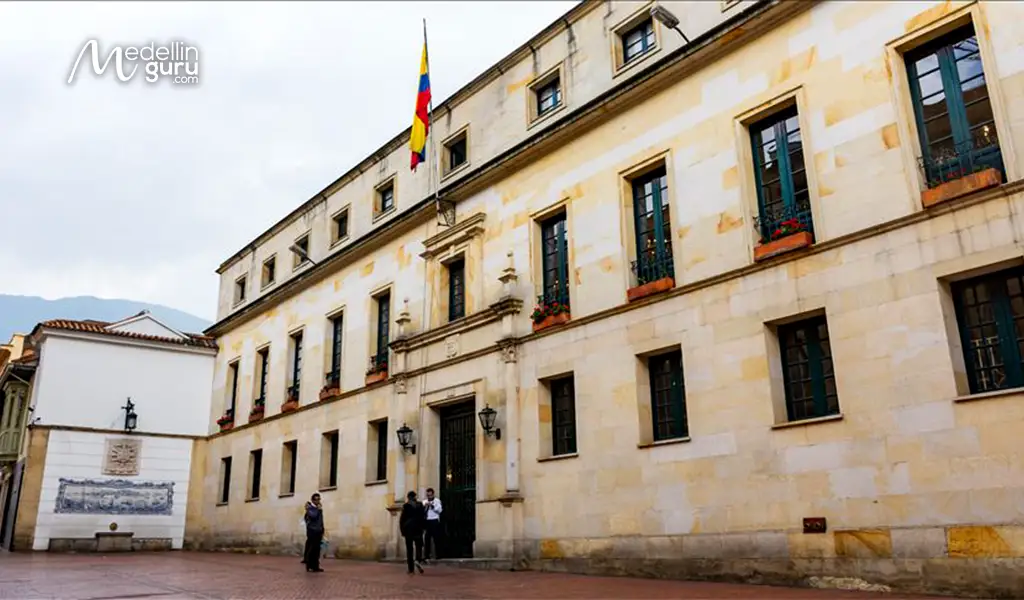
What are the Main Rejection Reasons Behind Digital Nomad Visa Inadmissibility in 2025?
The allure of Colombia as a digital nomad haven has undeniably grown, yet 2025 has witnessed an unsettling rise in visa rejections, leaving many aspiring remote workers in limbo.
Initially, it was thought that the requirement for a detailed explanatory letter outlining remote work, professional background, and the purpose of the application, according to the visa criteria, was a common factor in inadmissibilities. However, this hypothesis was dismissed, as in some cases, this letter was not requested. Additionally, neither age, nationality, type of nomad (business owners, employees, or freelancers), nor the activities performed (such as teaching, insurance brokering, advertising, or administrative roles) have proven to be common factors for inadmissibility, as a wide range of profiles have been rejected.
Understanding the core reasons behind these inadmissibilities is crucial for future applicants to navigate the complexities of the immigration process successfully. Several key factors have emerged as recurrent stumbling blocks:
Inadmissibility Denials Due to Discretionary Power
An increasing number of digital nomad visa applications in Colombia are being denied under the invocation of “discretionary power” by the country’s immigration authorities. This justification, which lacks specific criteria, has generated deep uncertainty and frustration among applicants, who find themselves in legal limbo without understanding the underlying reasons for the unfavorable decisions.
The inherent ambiguity of this “discretionary power” is one of the main points of conflict. Often, denials are issued without a prior request for additional information or without a detailed explanation of the specific reasons that led to the decision. This lack of transparency prevents applicants from identifying potential errors or non-compliance in their applications, from providing the necessary supplemental documentation, or understanding which aspects of their profile are problematic. As a result, the capacity for rectification or appeal is severely compromised, leaving those affected without a clear path to challenge the decision.
In addition to the lack of clarity, the application of “discretionary power” creates a perception of arbitrariness, as decisions can seem subjective and devoid of objectivity without established and publicly known criteria. In view of such cases, our trusted partner, expatgroup.co, has appealed on behalf of its clients through multiple PQRS to the Ministry of Foreign Affairs in search of a clear explanation for the rejections without additional reason for the discretionary power, but has not yet received any response from the agency.
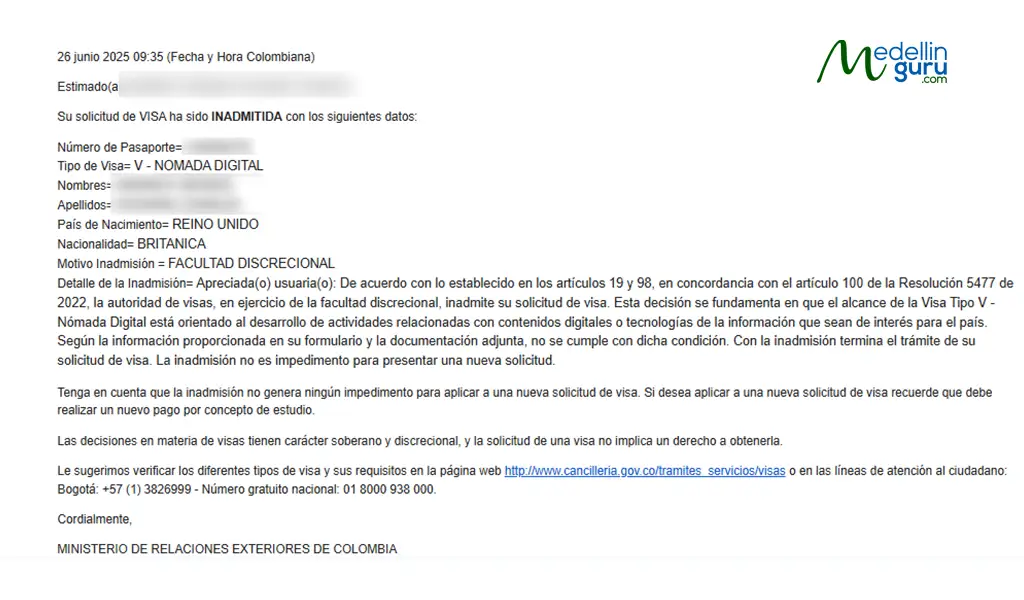
"Interest for the Country" as a Concept of Inadmissibility
One of the initial concepts issued for inadmissibles was that the nomad visa is “aimed at developing digital content or information technologies that are of interest to the country.“ However, this generates a debate, as the “interest for the country” clearly applies only to entrepreneurs, and not to employees or business owners, who cannot work for Colombian companies or hire local staff. Demonstrating this interest without engaging in prohibited economic activities is a dilemma.
The most concerning aspect is the lack of ambiguity. The law clearly states in Article 46, numeral 3, that “In the case of entrepreneurs, present a motivational letter explaining their entrepreneurship project and the financial and human resources they have or aspire to have for their entrepreneurship.” This criterion, intended for entrepreneurs, is unfortunately being misapplied to employees and business owners, leading to rejections. Furthermore, various types of entrepreneurs are also facing denials based on this specific clause, despite meeting the legal requirements. This broad and undefined application grants significant discretionary power to immigration officials, making it a challenging hurdle for many, even when the law explicitly outlines the conditions.
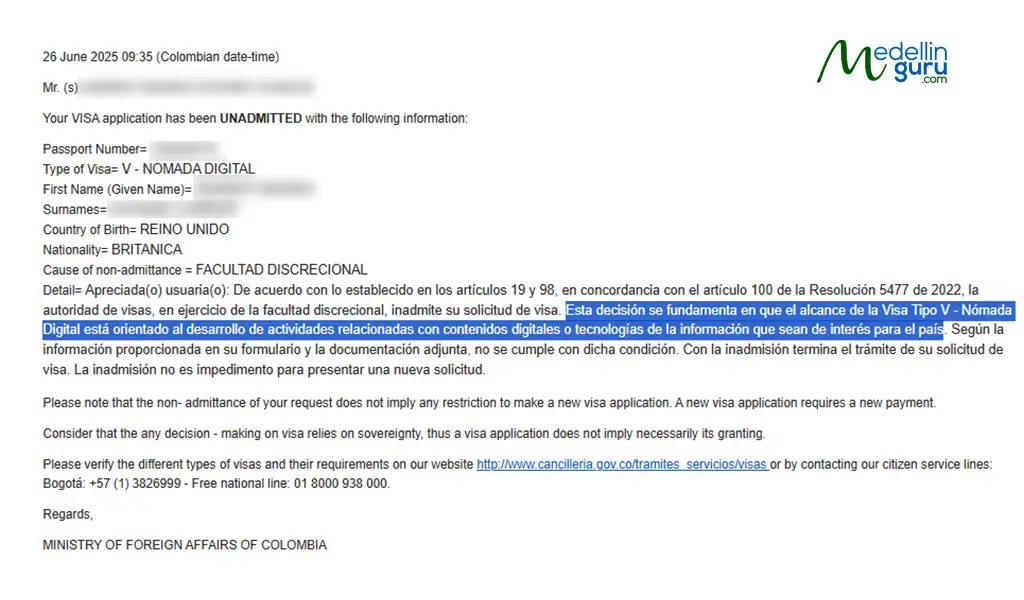
Widespread Rejection Phenomenon
The recent surge in digital nomad visa rejections in Colombia is not an isolated incident affecting a single firm or a specific application method. Instead, it represents a generalized and pervasive problem impacting a broad spectrum of applicants. This includes numerous immigration service providers who handle applications, as well as independent applicants navigating the process on their own, who claim to have complied with all the required documents.
The consistent nature of these inadmissibilities, irrespective of the applicant’s representation or the specific procedural nuances, strongly indicates that the issue is not attributable to a particular procedural flaw or the actions of an external representative. Rather, it points to a systemic challenge within the visa approval process itself, leaving many digital nomads in a state of uncertainty and frustration regarding their future plans in Colombia.

Most Cases Are Inadmissible, Not Denied
It is crucial to understand that, so far, most cases are inadmissibilities and not denials, and this implies a huge difference that you must consider when applying for a Colombia Digital Nomad Visa. While both outcomes prevent an applicant from obtaining the desired visa, they carry different implications for future applications.
Inadmissibility
Migration authorities define “inadmissibility” as a situation where your application was not fully processed. This typically occurs due to missing information or failure to meet initial criteria, often resulting from procedural errors during the submission of the visa application. In some cases, it may also stem from discretionary reasons.
A key aspect of being deemed inadmissible is that it generally does not reflect negatively on the applicant’s eligibility for the visa itself. Rather, it highlights an issue with the application process. In many instances, if an application is classified as inadmissible, the applicant is given a chance to rectify the mistakes and resubmit.
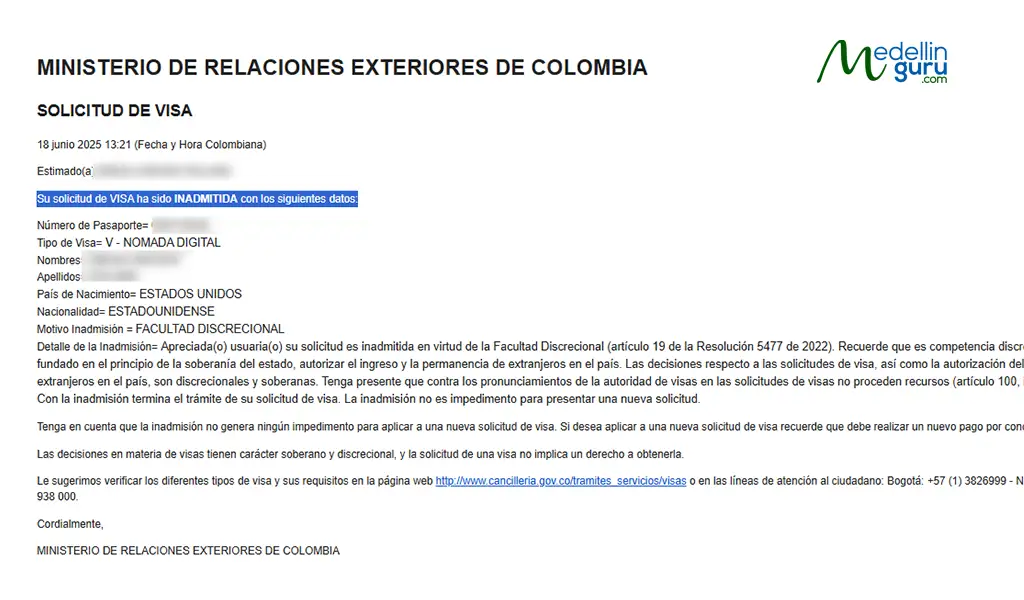
Denial
Visa denial, on the other hand, implies a more definitive rejectionl based on the substantive review of the application and the applicant’s qualifications. This occurs when the Colombian immigration authorities (the Ministry of Foreign Affairs) determine that the applicant does not meet the eligibility criteria for the Digital Nomad Visa, even if the application was submitted correctly. Common reasons for rejection can include:
- Failure to Meet Financial Requirements
- Lack of Remote Work Proof
- Criminal Record or Security Concerns
- Misrepresentation or Fraud
Remember that in case of a visa denial, according to article 99 of Resolution 5477 of 2022, the applicant must leave the country within thirty (30) calendar days following the denial and cannot register a new application within six (6) months following the rejection, taking into account that to make a new visa application, the foreigner must process it from their country of nationality or permanent legal residence.
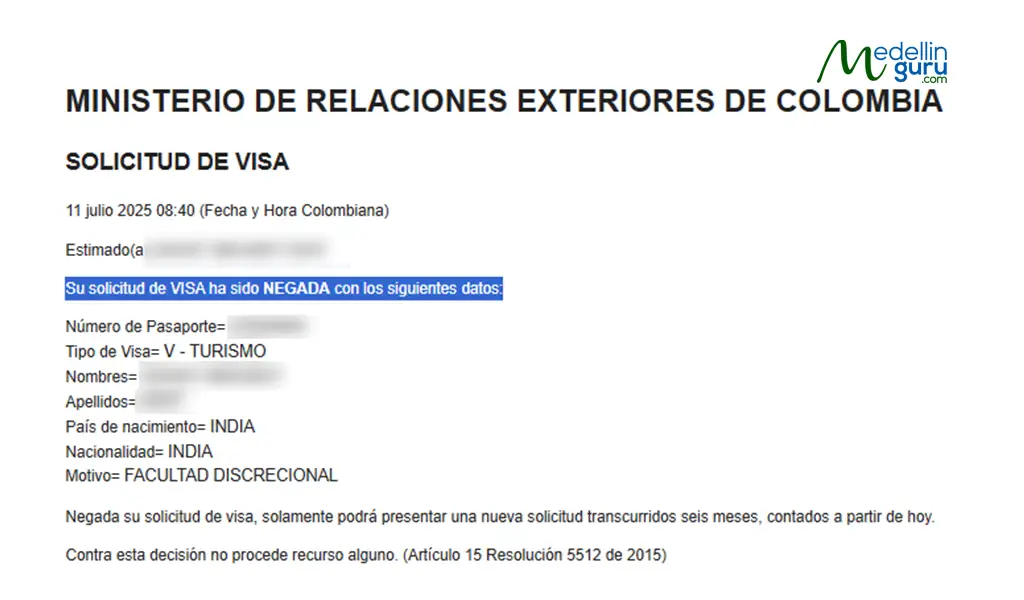
In the particular case of Colombia Digital Nomad Visa rejections, these inadmissions are occurring without a clear reason that argues a lack of processing, a documentation error, or another clear mistake that allows the applicant to correct it. Instead, these decisions are being justified under the concept of discretionary power to issue these inadmissions, without considering that although errors or omissions can be corrected after a visa inadmission, what greatly affects these applications is precisely the absence of a clear reason for the inadmission.
For digital nomads seeking to relocate to Colombia, understanding these distinctions is vital. An “inadmissibility” notification can be frustrating, but often points to correctable errors. A “denial,” however, demands a more thorough review of eligibility and a strategic approach to any subsequent applications. Consulting with legal experts specializing in Colombian immigration law, like expatgroup.co, can be invaluable in both preventing initial issues and receiving the “Paperwork Review” service in case of being inadmissible at first instance, where its experts on the subject will issue a concept to the client, providing comments and suggestions based on their extensive experience, but which is not necessarily a guarantee of future approval.
Basic Paperwork Service
Our reliable partner, expatgroup.co, offers legal document review services to ensure that your paperwork complies with Colombian regulations after being unadmitted in first instance, through:
- Document analysis
- Detailed digital report outlining the review results and expert recommendations.
- Fast processing time with results delivered in approximately 3 business days.
The Government has Stricter Policies
In 2025, the Colombian government started enforcing stricter standards and a more rigorous review process for Digital Nomad Visa applications. This change indicates a clear shift towards ensuring that applicants not only meet the basic criteria but also show a real intention to impact the Colombian economy and society positively. In the past, the application process seemed a bit more relaxed, mainly focusing on verifying income and confirming remote work status.
Now, it looks like authorities are looking for more detailed documentation and a stronger justification for this entrance permite. This shift may be aimed at preventing the misuse of the visitor visa, such as the digital nomad category, or ensuring it aligns with Colombia’s long-term economic goals. As a result, many prospective foreign remote workers are understandably feeling more uncertain about the process.
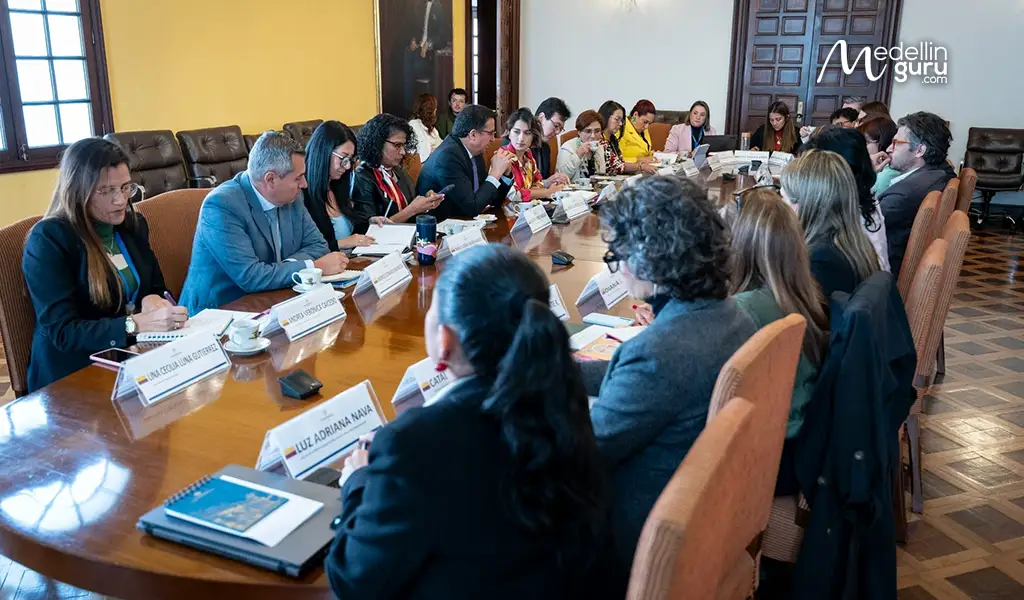
What is the Common Feeling Among Expats Going through Digital Nomad Visa Rejections?
One way to validate this situation is through the experiences of other expatriates who have faced similar issues. Their testimonies reflect a widespread sense of uncertainty and reinforce the idea that these rejections stem from unclear measures taken by immigration authorities, as we see next:
An Exceptional Case: Jackie’s Digital Nomad Application
In this particular case, Jackie, as we will refer to her from now on as a nickname to protect her identity, is one of many expats applying for a Colombian Digital Nomad Visa and finding themselves with inadmissibility or, in the worst cases, rejection.
Jackie applied for a Colombian DN visa twice, and both times she was unadmitted. After her first inadmissibility, she even went through the tutela process to find out the reasons behind the decision. The authorities pointed out some issues in her application, which she carefully addressed in her second attempt. Despite that, her application was unadmitted again without a clear explanation. In her words: “It’s been a frustrating and disheartening process, because I’ve done everything by the book, corrected the problems they mentioned, and still haven’t received fair or transparent treatment.”
This is the interview we could have with her:
Could you elaborate on the specific "issues" the authorities pointed out after your first rejection?
Jackie:
After my first inadmission, I consulted with an immigration lawyer. She reviewed my documents and told me they looked fine. Since I’m in a “unión libre” with a Colombian partner, she encouraged me to file a tutela, based on my constitutional right to family unity, to push Migración to at least give me a reason for the inadmission.
I did just that, and eventually, I received an explanation. According to their response, they didn’t consider my work contract to be official enough. I work remotely as a contractor for a Dutch company, providing professional nutrition coaching, but the contract I submitted was quite simple, legally valid, but without logos, watermarks, or design elements. It had all the necessary legal information, but apparently that wasn’t enough for them.
They also wrote that they believed I was an influencer who just wanted to stay in Colombia to gain followers …which is absurd. All my social media accounts are private, and I don’t work in that space at all. I’m a qualified nutritionist working in digital health, and this assumption felt completely unfounded. They said indeed that “being an influencer was of no interest to the country.”
What steps did you take to address them in your second application, and did you use any legal assistance or visa agency services?
Jackie:
Yes, I sought legal advice from the lawyer who helped me with my first application. So, for my second application, I really tried to correct their misunderstanding.
According to the official response, the visa authority believed that my role as a nutrition coach was centered around social media promotion and gaining followers. While the company I work for utilizes social media to reach new audiences, my role has no connection to social media.
I work directly with clients, many of whom are dealing with serious health concerns such as diabetes, thyroid issues, hormonal imbalances, and weight struggles. I support them through our private coaching platform and mobile application, where we guide women step by step in building a healthier, sustainable lifestyle. My day-to-day job involves coaching, mentoring, and supporting our clients…not creating or promoting content online.
This misinterpretation was something I clearly addressed in my second visa application, where I thoroughly explained the scope of my work and how it fits into the digital nomad profile. I made it clear that I’m offering remote coaching services in the health & wellness sector… I added a clear motivation letter, explaining my work and its relevance and I included screenshots of my daily work and digital health tools to prove the legitimacy of my job.
In the initial denial, it was also stated that the documentation I submitted “didn’t appear official,” citing things like the absence of a logo, contact details, or company branding. This was simply not accurate. The document did include our company’s information, such as our email address, business number, and contact details, and was properly signed by the company owners. Still, for the sake of clarity, I made sure that the second submission included a fully branded letter with our logo, watermark, and everything formatted in line with the company’s visual identity. I also included links to our official website, where our team (including myself) is publicly listed….
Despite all this effort, I was inadmitted again. This time, they didn’t mention anything about the influencer accusation or the “not of national interest” claim, — but I was still rejected, without a clear explanation this time.
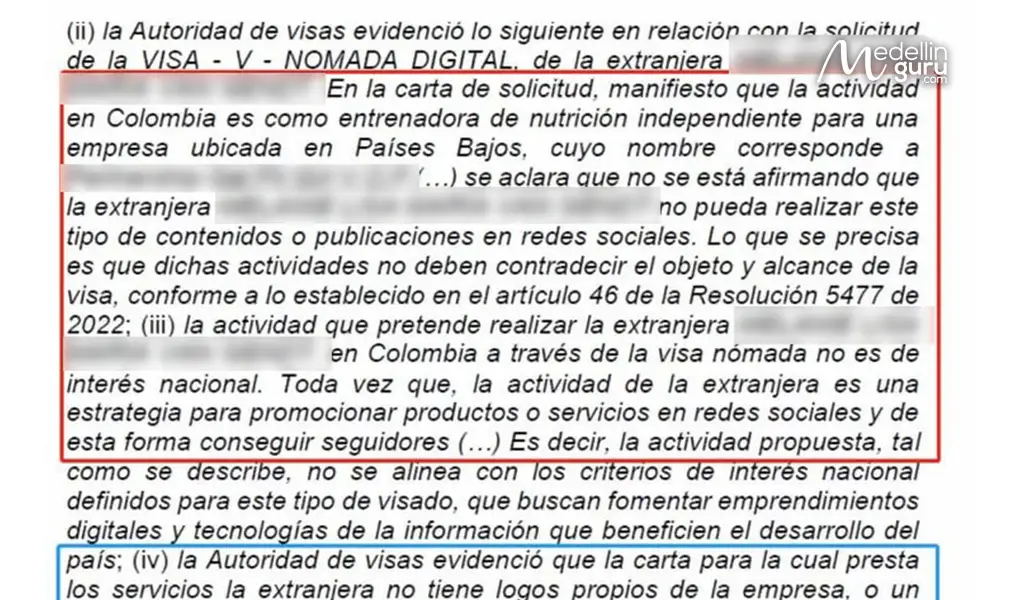
The case of Jackie is yet another example of the uncertainty faced by many expats facing the Colombia Digital Nomad Visa rejections . She would not have received initial feedback without the oversight that was interposed, and after that, despite receiving comments and submitting a new application, she was again denied due to "discretionary power." As she herself mentioned, this decision leaves applicants unsure of how to improve an application that, according to her legal counsel, is correct.
What Actions to Take if Your Colombia Digital Nomad Visa is Inadmissible?
This situation has understandably raised concerns and calls for a proactive response from both individuals and organizations within the digital nomad community. While these measures may not be a complete solution, they can help address the challenges posed by the lack of communication from migration authorities regarding this issue:
Refile to Another Type of Visa
If your Colombia Digital Nomad Visa application is deemed inadmissible, it’s crucial to understand your options and act swiftly. One primary course of action is to explore other visa categories that might be suitable for your circumstances, especially a visa type M, which is designed for expats who are eager to reside in the country with the purpose of establishing.
When considering another visa, thoroughly research its specific requirements because each visa category has distinct criteria regarding financial solvency, documentation, and the purpose of your stay, and that’s why it is highly recommended to seek professional legal advice from an immigration lawyer specializing in Colombian visas, such as our expert partner, expatgroup.co, who can provide personalized guidance, help you identify the most appropriate alternative visa, and assist in preparing a robust application, significantly increasing your chances of approval. Don’t be discouraged by an initial rejection; with proper planning and expert assistance, you can still achieve your goal of living and working in Colombia.
Medellin Guru Visa Service
The visa agency we partnered with has helped 2,171 Medellin Guru readers
GET 40% OFF IN YOUR COLOMBIA VISA PROCESS
The expatgroup.co anniversary offer is now open! Start your Colombian visa application with our reliable partner and confidently relocate to Colombia.
*Offer available until January 30th and applies only to the EG’s service fee.
*Apply terms and conditions.
Try Applying from a Consulate
In many cases, applying for a Digital Nomad Visa from a Colombian consulate abroad can be a simpler alternative. Unlike applying from Colombia, where applicants are already in the country and sometimes have a temporary immigration status, applying from a Consulate allows the process to be completed before arrival, which can simplify certain requirements and the assessment of your intention to stay as a digital nomad. This can be especially beneficial, as the likelihood of success has recently been higher when applying from a consulate.
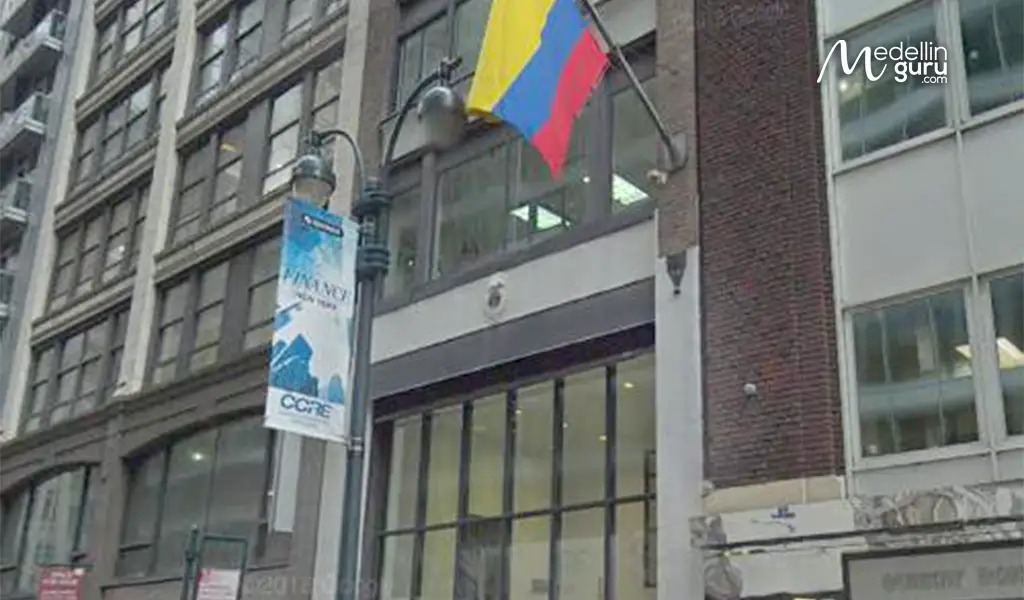
Wait a Couple of Months
It is essential to consider the expiration date of documents following the denial of the digital nomad visa in Colombia, especially if they are close to expiring. We have observed cases where applicants have invested time and resources in an application that ultimately proves to be futile because their documents lose validity during the reapplication process.
To avoid this situation, we recommend that all expats whose documentation is nearing expiration wait a couple of months. This waiting period will allow them to renew their documents and submit them with appropriate validity, significantly increasing the chances of approval.

Medellin Guru's comprehensive visa and passport series
The Colombian visa changes that went into effect in October 2022 were significant. So, on the Medellin Guru site, we have a comprehensive series of visa articles that are kept up-to-date and should answer most visa questions. These articles include:
- Colombia Visa Guide: Ultimate Guide How to Get a Colombian Visa
- How to Obtain a Colombian Visa with Up-to-Date Info – an overview of all the Colombian visas
- Popular Colombian Visas for Foreigners: Which Visa is the Most Popular?
- Coronavirus Impacts on Colombian Visas and Tourist Visas
- Visa Agencies: A Guide to Visa Agencies in Medellín and Colombia
- 9Common Colombian Visa Mistakes: How to Avoid Them
We have looked in detail at the nine most popular Colombian visas used by foreigners:
- Digital Nomad Visa
- Retirement visa
- Marriage visa
- Investment visa
- Business Visa
- Resident visa
- Work visa
- Student visa
- Visitor visa
Also, we have looked in detail at three additional Colombian visas, which are less popular for foreigners:
- Rentista visa (annuity visa) – for foreigners with a fixed income
- Beneficiary visa – for relatives of visa holders
- Expertise visa – for professionals
In addition, we have a guide to Colombia tourist visas and how to extend a tourist visa. Also, we have a guide to renewing U.S. passports in Colombia and a guide to obtaining a Colombian passport.
Furthermore, we provide information about travel health policy that meets the health requirement for Colombian visas. And we have a guide to how apply for a cedula extranjeria in Colombia and a guide to using notaries in Medellín and Colombia. Finally, Medellin Guru has partnered with a visa agency to offer Colombia visa services.
All of our Colombia visa articles are up to date (2024) and constantly receive updates in 2025.
The Bottom Line: Uncertainty Due to Colombia Digital Nomad Visa Rejections in 2025
Colombia’s Digital Nomad Visa process in 2025 has become increasingly uncertain, with a concerning rise in rejections often justified by vague “discretionary power.” This widespread issue is causing significant frustration and financial loss for applicants like Jackie, who face inadmissibility without clear reasons for improvement. While this unpredictability negatively impacts Colombia’s reputation and digital nomad ecosystem, it might also lead those affected to consider alternative visa types or apply from consulates abroad with the expert help provided by expatgroup.co with its service “Paperwork Review”.
Medellin Guru Social media
Be part of our community. Find out about news, participate in events and enjoy the best of the city.


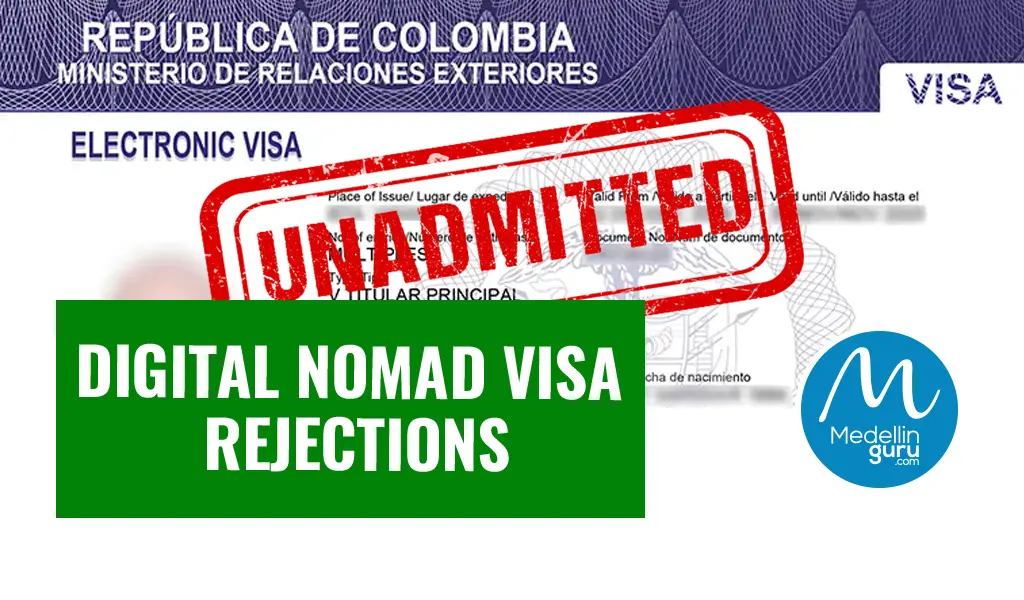
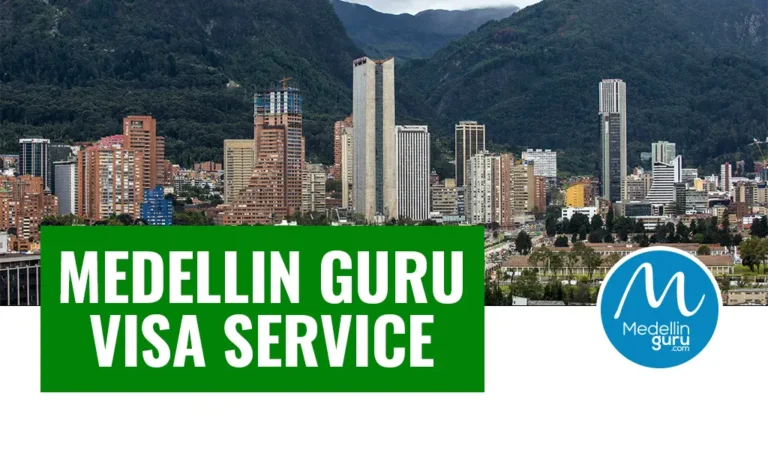
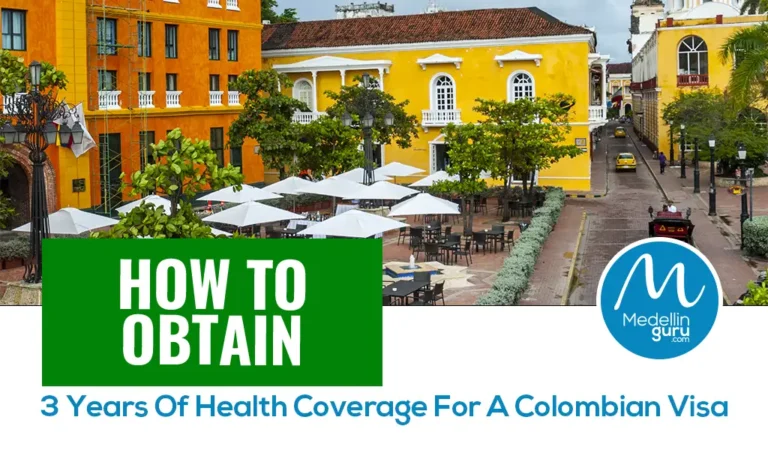

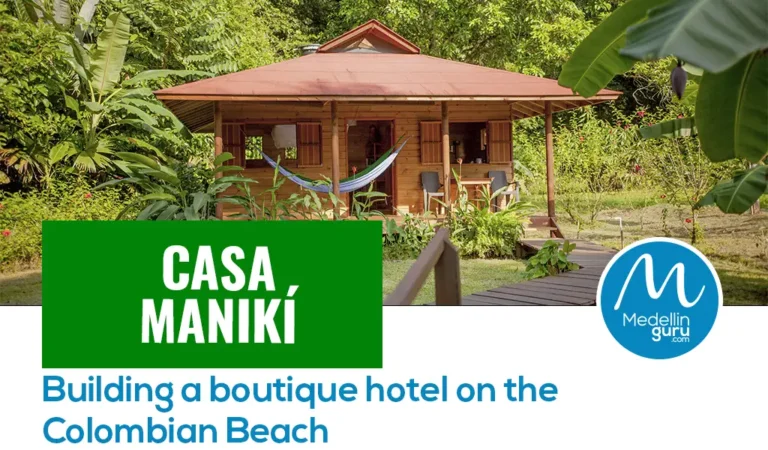
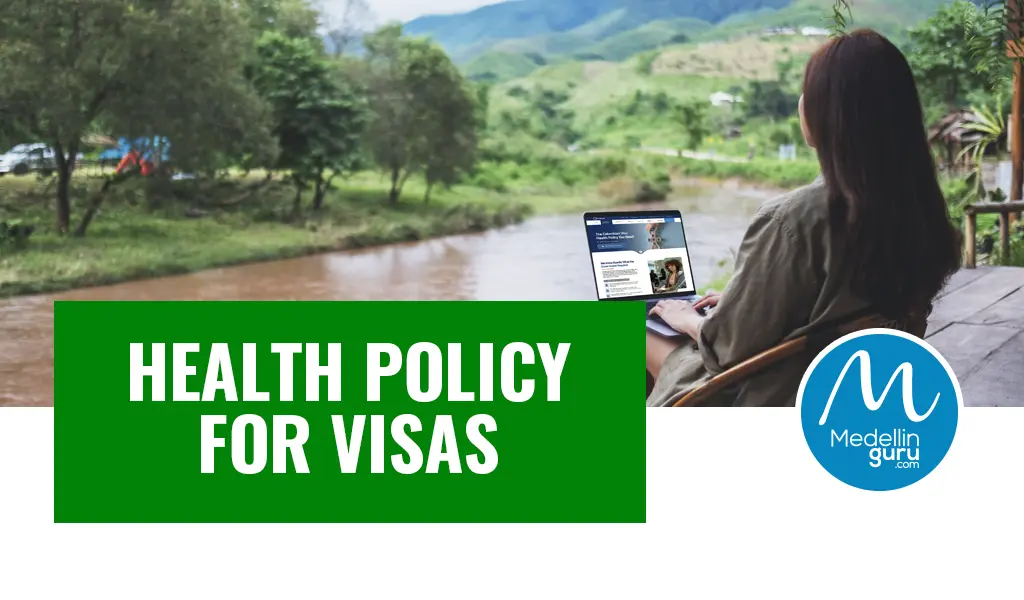

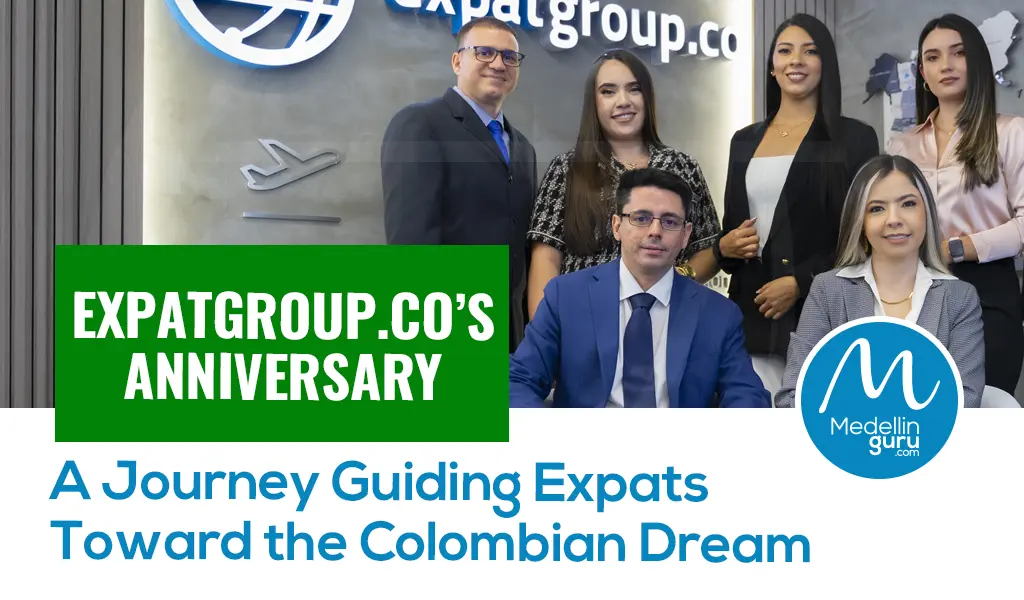
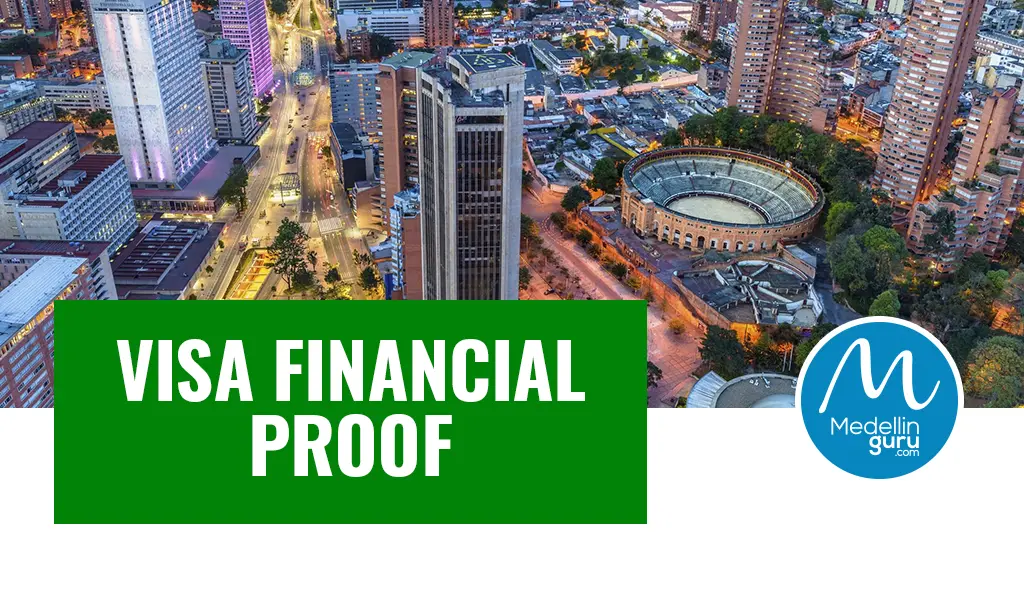

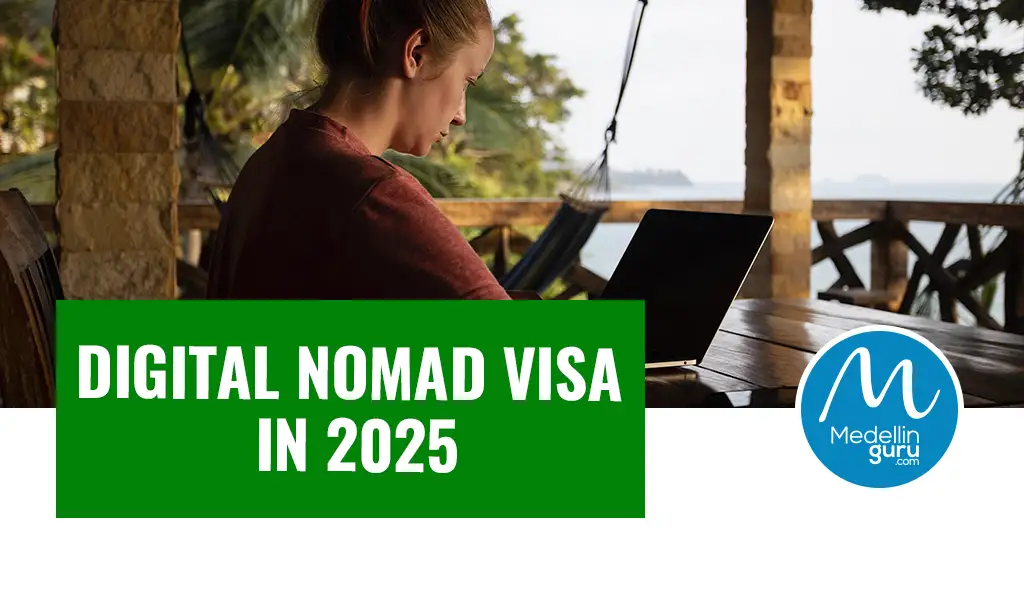
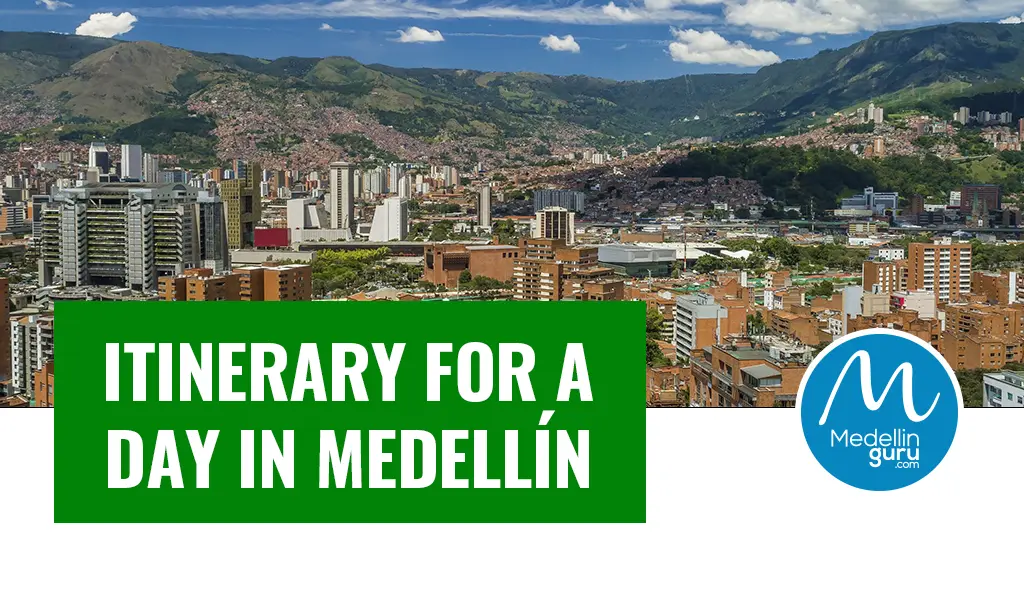
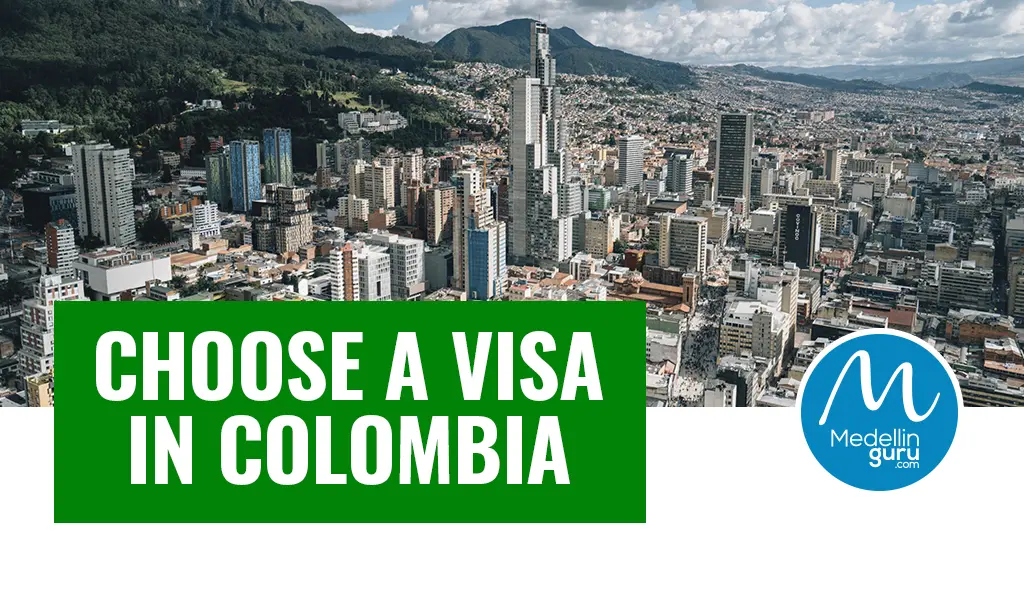
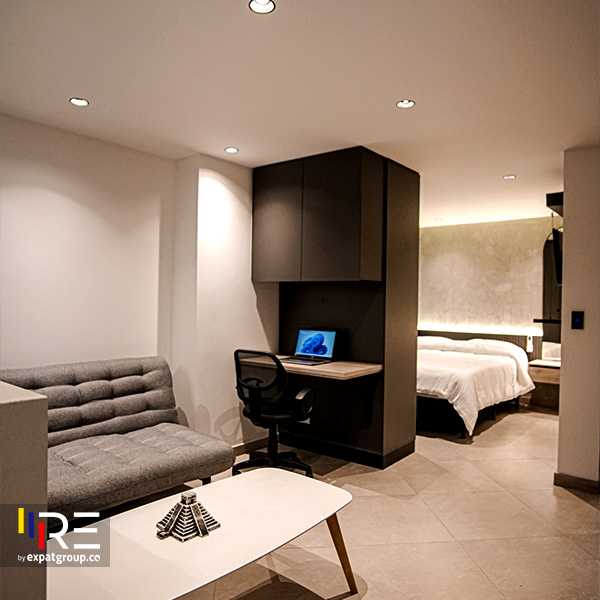
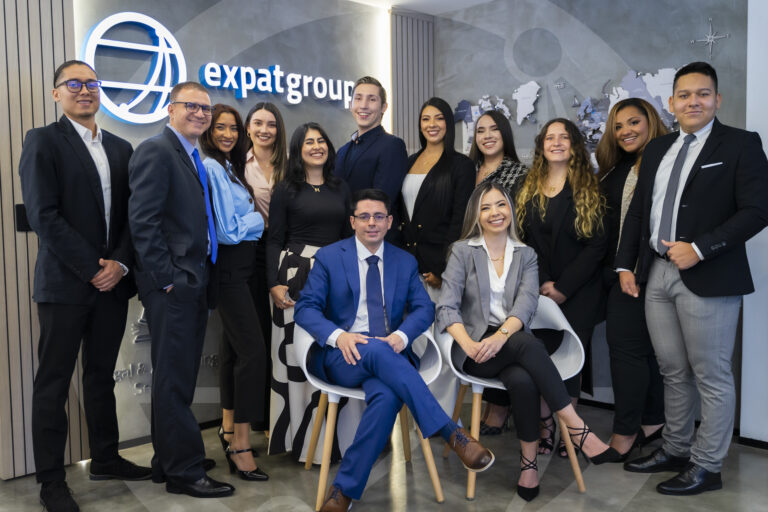


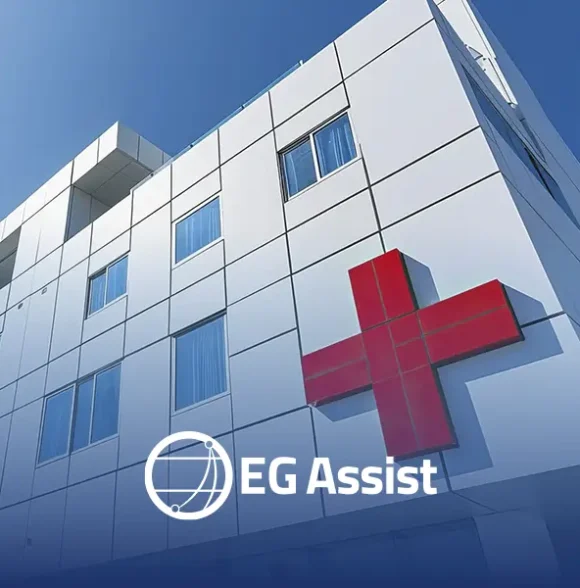
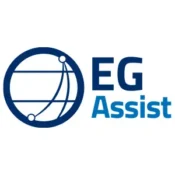
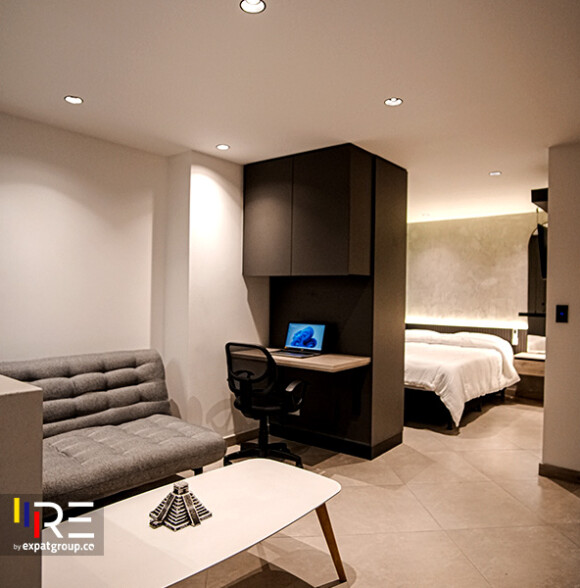

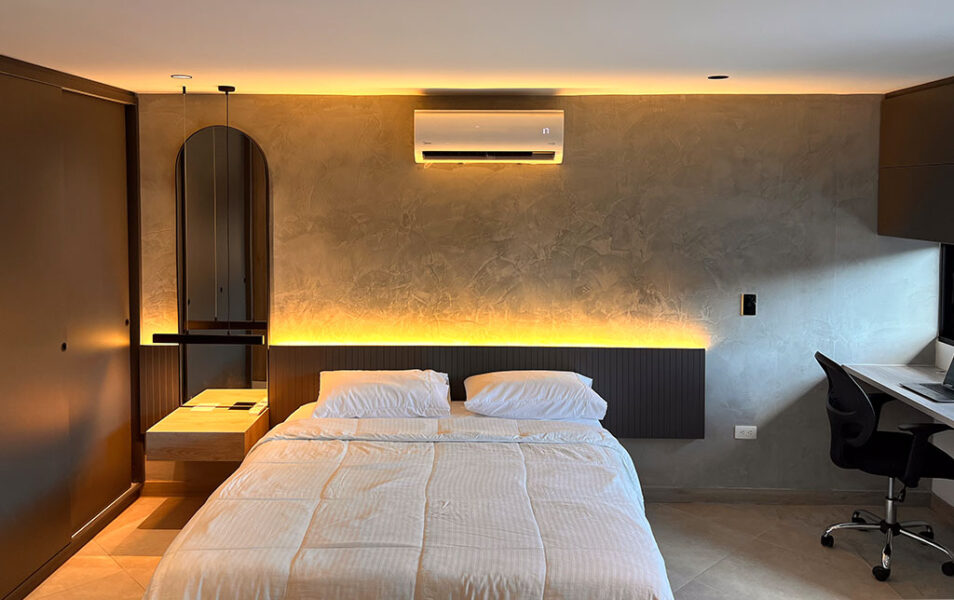
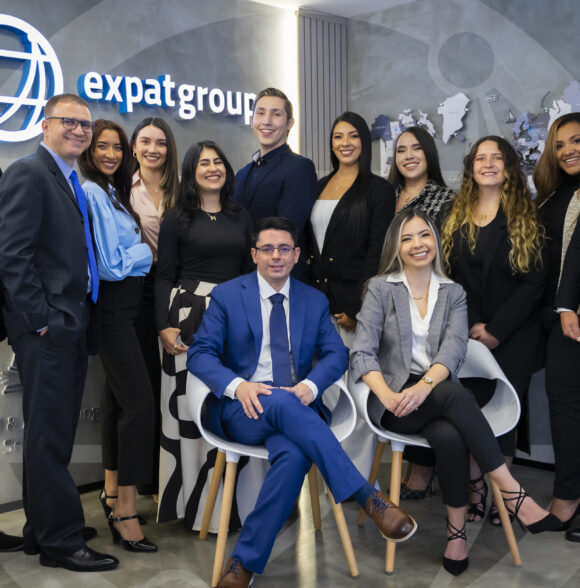



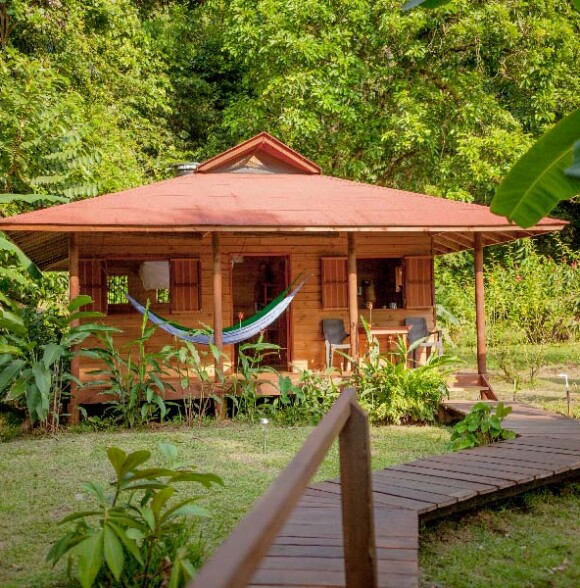
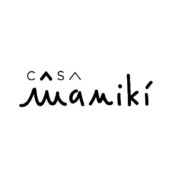




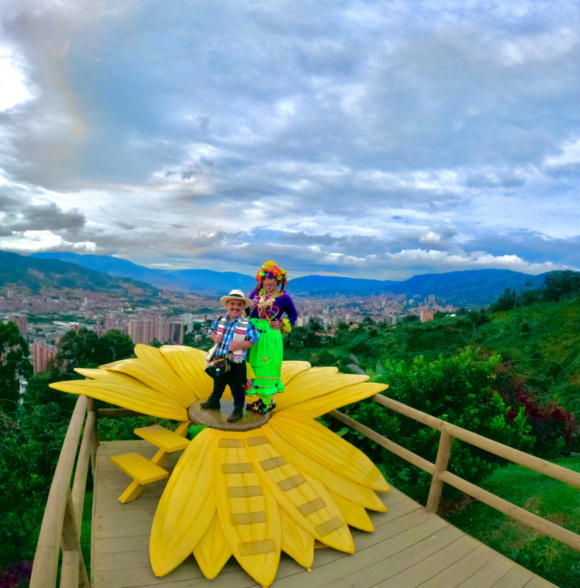

One thought on “Uncertainty Due to Colombia Digital Nomad Visa Rejections in 2025”
Of course a likely other reason, if not the main reason here, is simple organizational incompetence and lack of critical thinking on the part of migration authorities who don’t understand their job nor care about doing it well. This is highly common, if not standard, throughout organizations in Colombia, especially governmental ones. And if that lack of competence earns the country money (via rejected applications) then all the better.